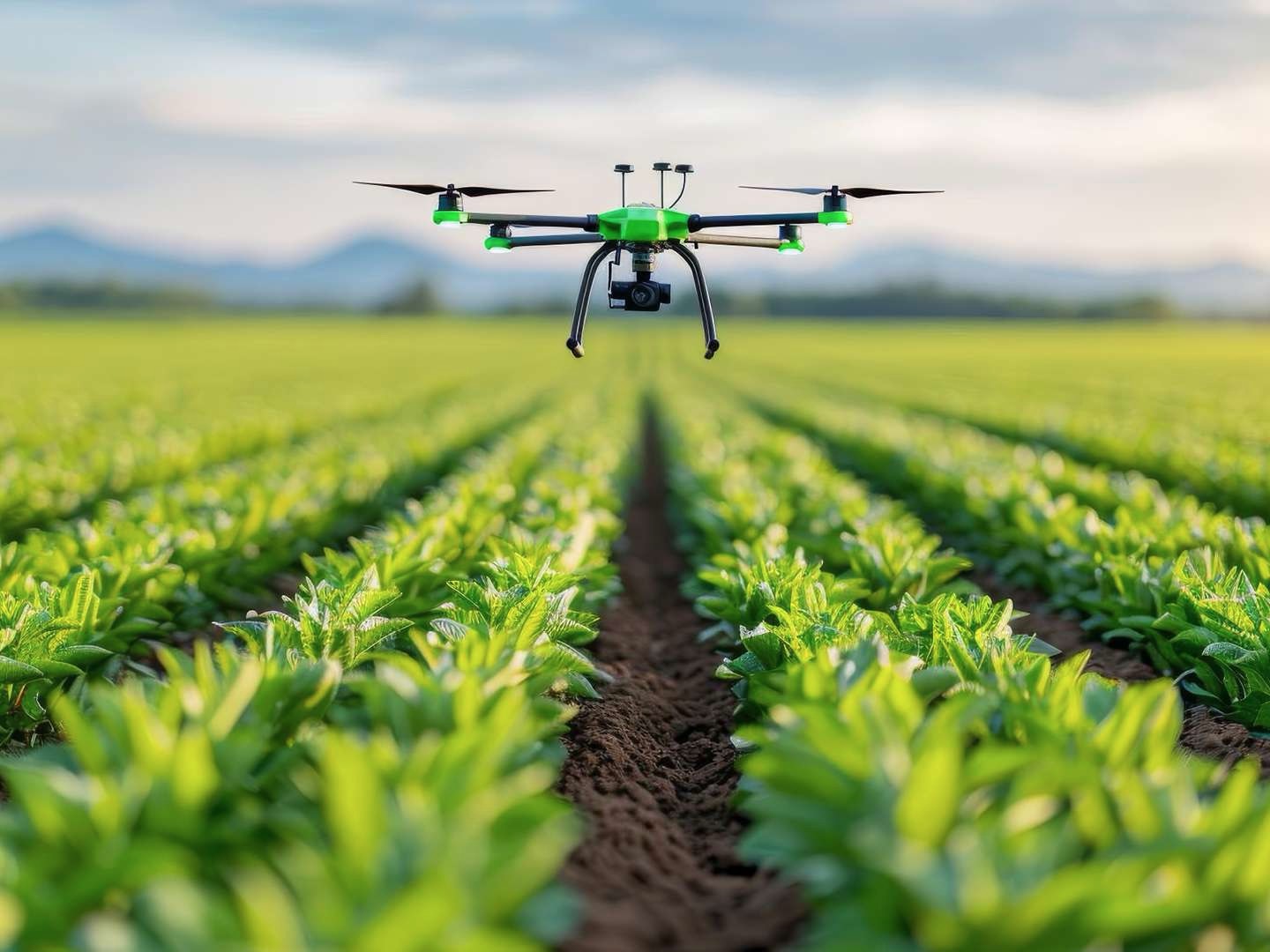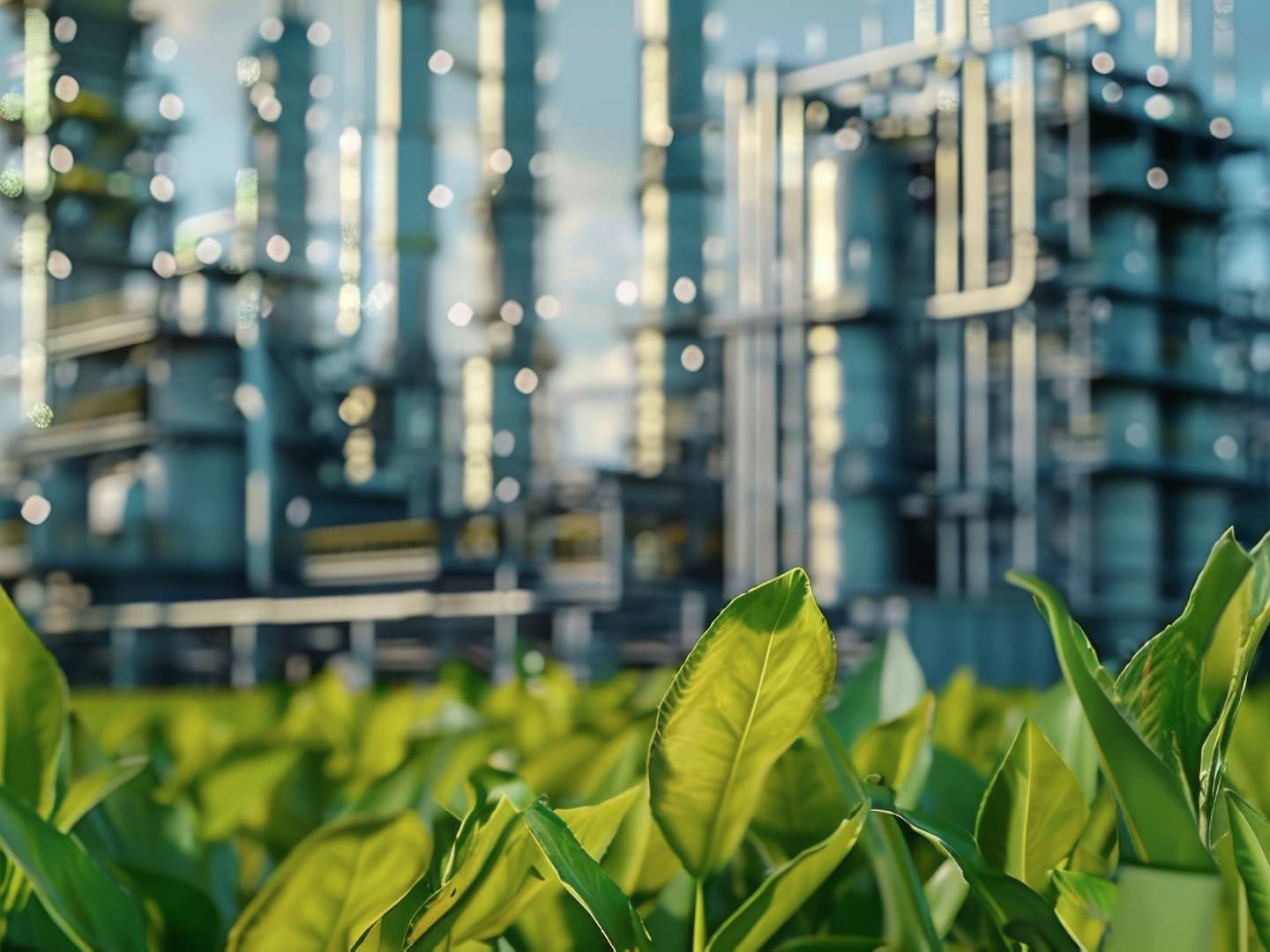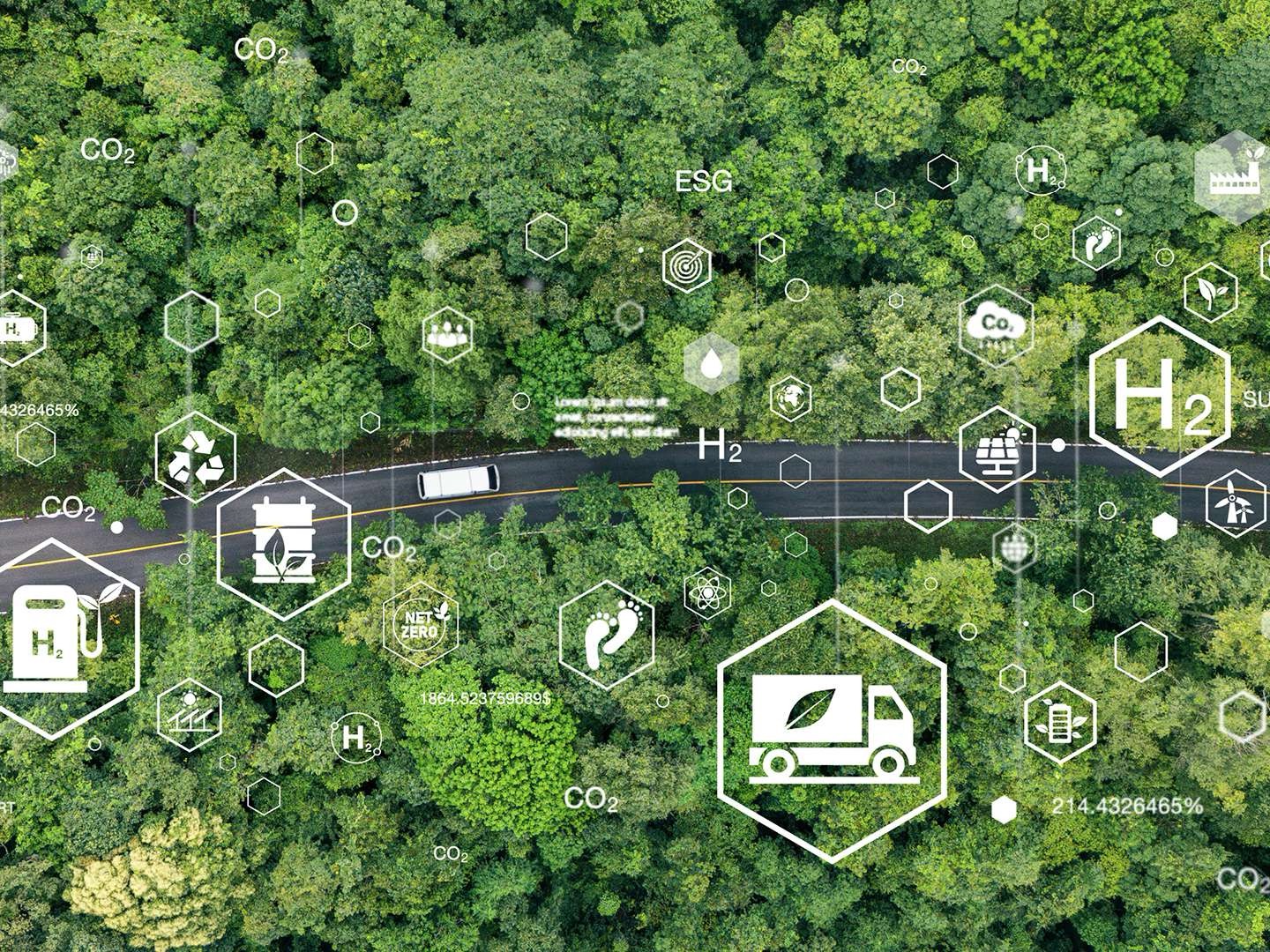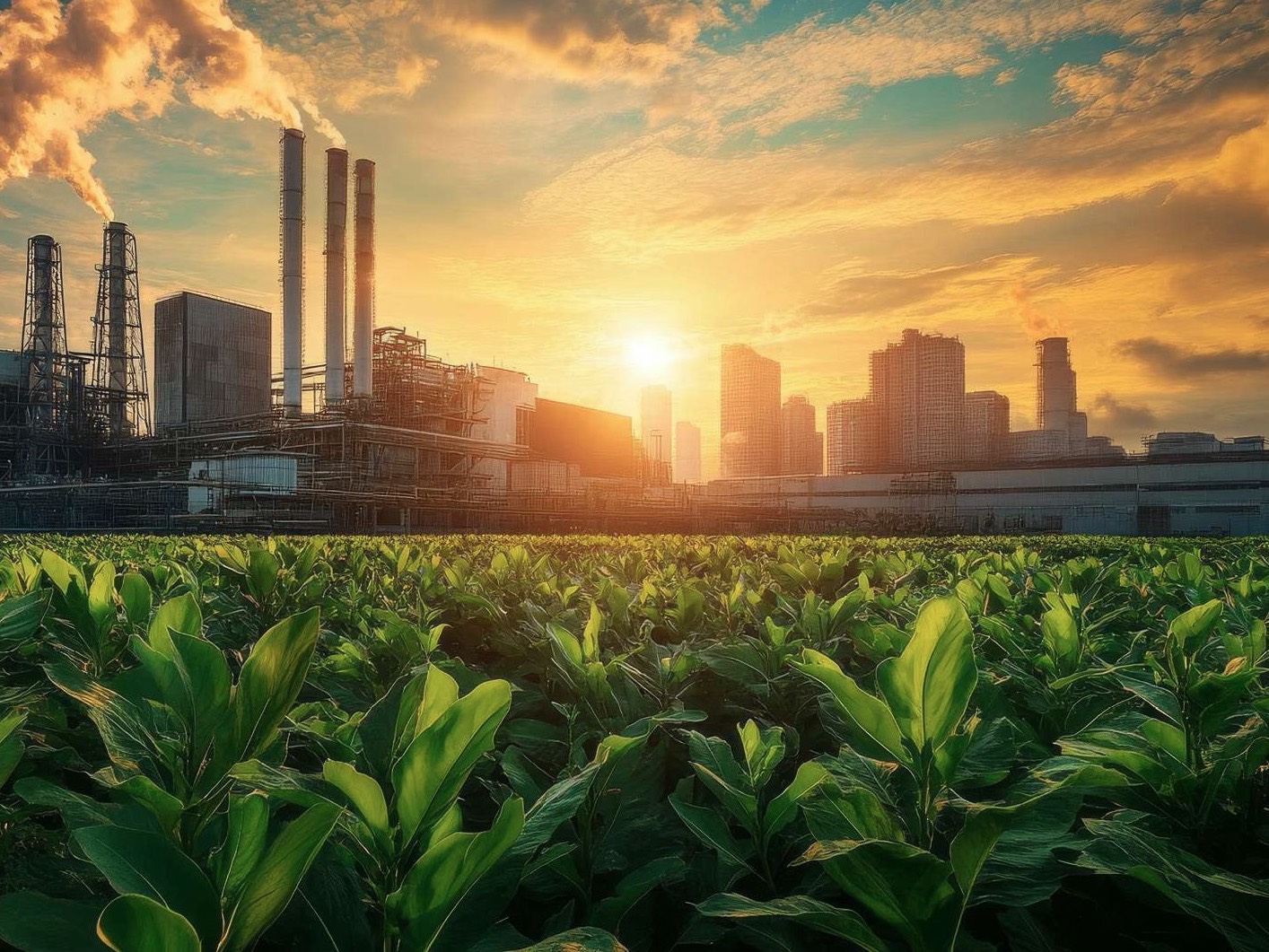Net zero is not just about emissions, it's also about balancing the amount of greenhouse gas released with the amount removed across your entire farm business
Farmers are being asked to manage and deliver multiple public goods on behalf of the nation. As well as producing nutritious and affordable food, they are also asked to improve soil health and fertility, reduce emissions, accelerate carbon sequestration (both above and below ground), improve water and air quality and optimise biodiversity.
These pages look at carbon – both emissions and sequestration. However, carbon should not be considered in isolation, as it is one part of the tapestry of public goods farmers provide.

Nearly all human activities result in some level of greenhouse gas emissions. Here we look at how the agriculture sector fits in that picture
Background
The key GHGs for agriculture that contribute directly to climate change are:
• Carbon dioxide (CO2)
• Methane (CH4)
• Nitrous oxide (N2O)
All these GHGs are often grouped under the umbrella term ‘carbon’.

This report presents the CCC’s first-ever in-depth advice on UK agricultural and land use policies.
The report assesses the way we use our land today and the changes required in how we farm and use land to deliver the UK Government’s Net zero greenhouse gas emissions target by 2050.
Net zero requires a transformation in land use across the UK. The report sets out a detailed range of options to drive emissions reductions in England, Scotland, Wales and Northern Ireland.

The Future of Hydrogen
Seizing today’s opportunities.
At the request of the government of Japan under its G20 presidency, the International Energy Agency produced this landmark report to analyse the current state of play for hydrogen and to offer guidance on its future development.

Unlocking hydrogen innovation:
Paving the way for a sustainable future
Low-carbon hydrogen is more than a mere technological advancement; it signifies a profound paradigm shift in how we perceive and utilise energy.
Once overshadowed by traditional fuels, low-carbon hydrogen is now emerging as a transformative force at the forefront of our efforts to combat climate change. This versatile and clean energy carrier has the potential to revolutionize multiple sectors, opening up a new era of sustainability and environmental responsibility.

